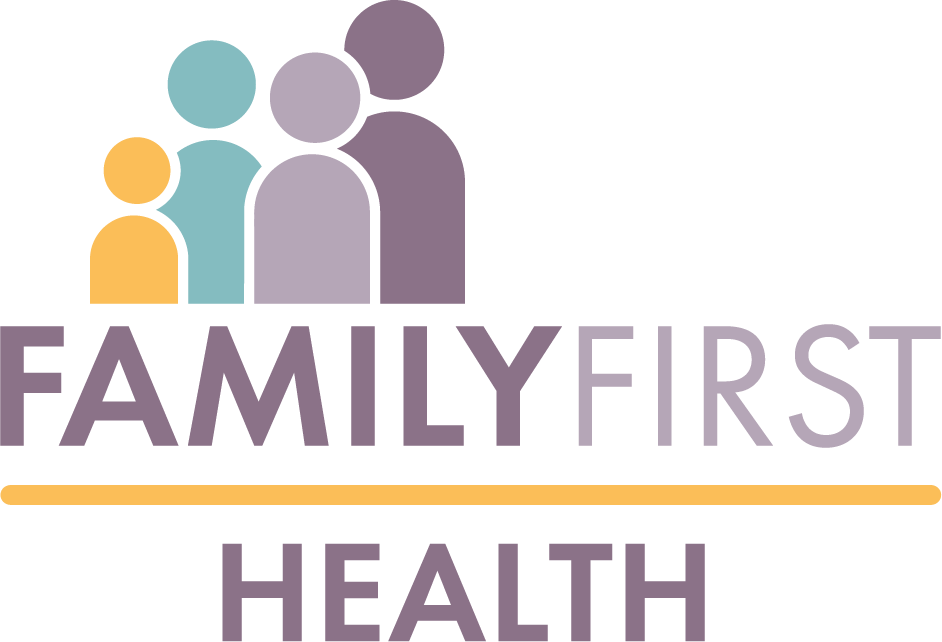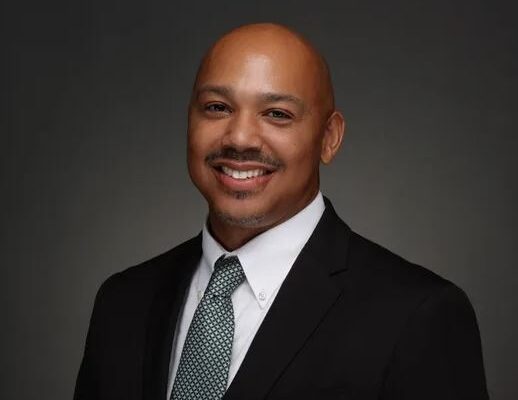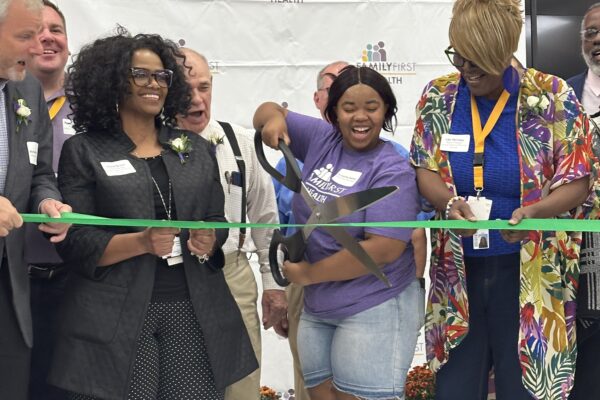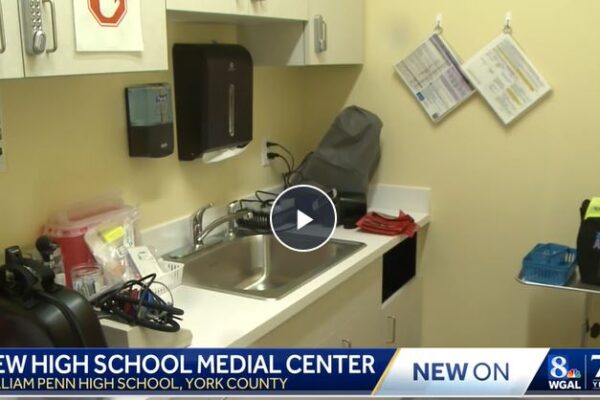Kevin Jackson
York Daily Record
October 23, 2024
In today’s increasingly complex world, where the need for social services continues to grow, we must rethink how health and human service providers collaborate and serve our communities. Enter ConnectYork.org, a groundbreaking platform designed to revolutionize how we connect people to the help they need and streamline communication between nonprofits and service providers across York County.
For years, health and human service systems have been fragmented, with providers often operating in silos, unable to share essential information seamlessly. This not only hampers their ability to provide comprehensive care but also creates barriers for individuals seeking support. From housing and food assistance to mental health and healthcare services, navigating the various systems in place can feel like a maze for those in need. Connect York is set to change that.
At its core, Connect York will serve as a central hub for referrals and communication between health and human service organizations. Whether someone needs immediate housing assistance, ongoing mental health support, or access to childcare, the platform enables community members and providers to search by zip code and refer themselves and/or others to appropriate programs and services needed in real time. This interconnectedness will help prevent people from slipping through the cracks, provide a better user experience, and ensure that more individuals receive timely and effective assistance.
Beyond serving as a referral network, Connect York will also foster collaboration. Service providers will have access to a shared communication tool that allows them to share insights and track progress. This shift from isolated efforts to a more collaborative model will increase efficiency and improve the outcomes for those being served. After all, the challenges facing our community – from homelessness to poverty to chronic health conditions – require integrated solutions that leverage the strengths of multiple sectors.
What makes Connect York particularly exciting is its capacity to gather community-level data on service utilization. For too long, community-based organizations and funders have struggled to gather meaningful data on the impact of their efforts or identify trends in community needs. With Connect York, data collection will no longer be an afterthought but an embedded part of the process. Service utilization trends, gaps in care, and emerging community needs can be quickly identified and addressed. This data-driven approach will enable organizations to allocate resources more effectively and advocate for policy changes or funding support based on real-time insights. A partnership with York College of Pennsylvania will help bring this data-driven approach to life and also provide project-based learning and job opportunities to students interested in social work, public policy, graphic design, technology, marketing and analytics.
Consider the potential impact on York County. Social workers, nurses, and case managers will no longer have to chase down referrals across multiple disconnected systems. Instead, they will have a comprehensive tool that brings all the relevant information together, saving time and reducing the administrative burden. For individuals navigating the complexities of the health and human services system, it means faster access to the support they need without feeling lost or overwhelmed.
The launch of Connect York also represents a broader commitment to innovation in the nonprofit and healthcare sectors. In a world where technology touches every part of our lives, it is about time that health and human services leverage available advances. Organizations such as the York County Planning Commission, WellSpan Health, LifePath Christian Ministries, Family First Health, Bell Socialization Services, New Hope Ministries, Community Progress Council, YWCA, YMCA, Affordable Housing Advocates, Children’s Home of York, Rabbit Transit, York Water, York County Food Bank, the RASE project and others have become early adopters. This platform puts York County on the map as a leader in forward-thinking, community-driven care solutions.
However, the success of Connect York will ultimately depend on how well it is embraced by the entire York County, PA community. Service providers will need to commit to using the platform, sharing information, and working together toward a common goal. Policymakers and funders should also recognize the value of such an initiative and invest in its ongoing development and maintenance. Most importantly, we must ensure that the individuals seeking services – the very people this platform is designed to help – know how to access it and feel empowered to use it.
Connect York is more than just a new service – it is the future of health and human services in our community. By breaking down barriers, fostering collaboration, and leveraging data, this platform has the potential to transform how we care for one another. It is a bold step toward building a stronger, more connected York County, where no one is left behind. Let’s embrace this change and work together to ensure that Connect York lives up to its promise.
If you would like to learn more about ConnectYork.org or to schedule an onsite or virtual demo of the system’s capabilities, please contact Kevin Jackson – Project Manager at kjackson@familyfirsthealth.org.









